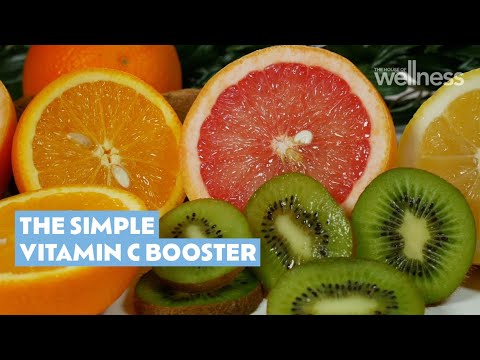Discovery of vitamin E in corn could lead to improving the nutritional profile of this basic crop.
New research has identified genes that control the content of vitamin E in the grain of corn, a finding that could lead to improve the nutritional profile of this basic crop. Scientists from Cornell University and colleagues from other institutions combined different types of genetic association analysis to identify 14 genes throughout the genome involved in vitamin E synthesis. Six genes were recently discovered to encode proteins that contribute to a class of antioxidant compounds called tocochromanol, collectively known as vitamin E. Along with the antioxidant properties, tocochromanol have been associated with good cardiac health in humans and proper functioning in plants.
We have established an almost complete base for the genetic improvement of vitamin E in corn grains and other major cereals. There has been talk, among breeders working to increase provitamin A in corn, that we could increase vitamin E at the same time. They are biochemically related compounds, and tochromanols are essential for the viability of the seed, as they prevent seed oils from becoming rancid during seed storage, germination and early seedling development.






